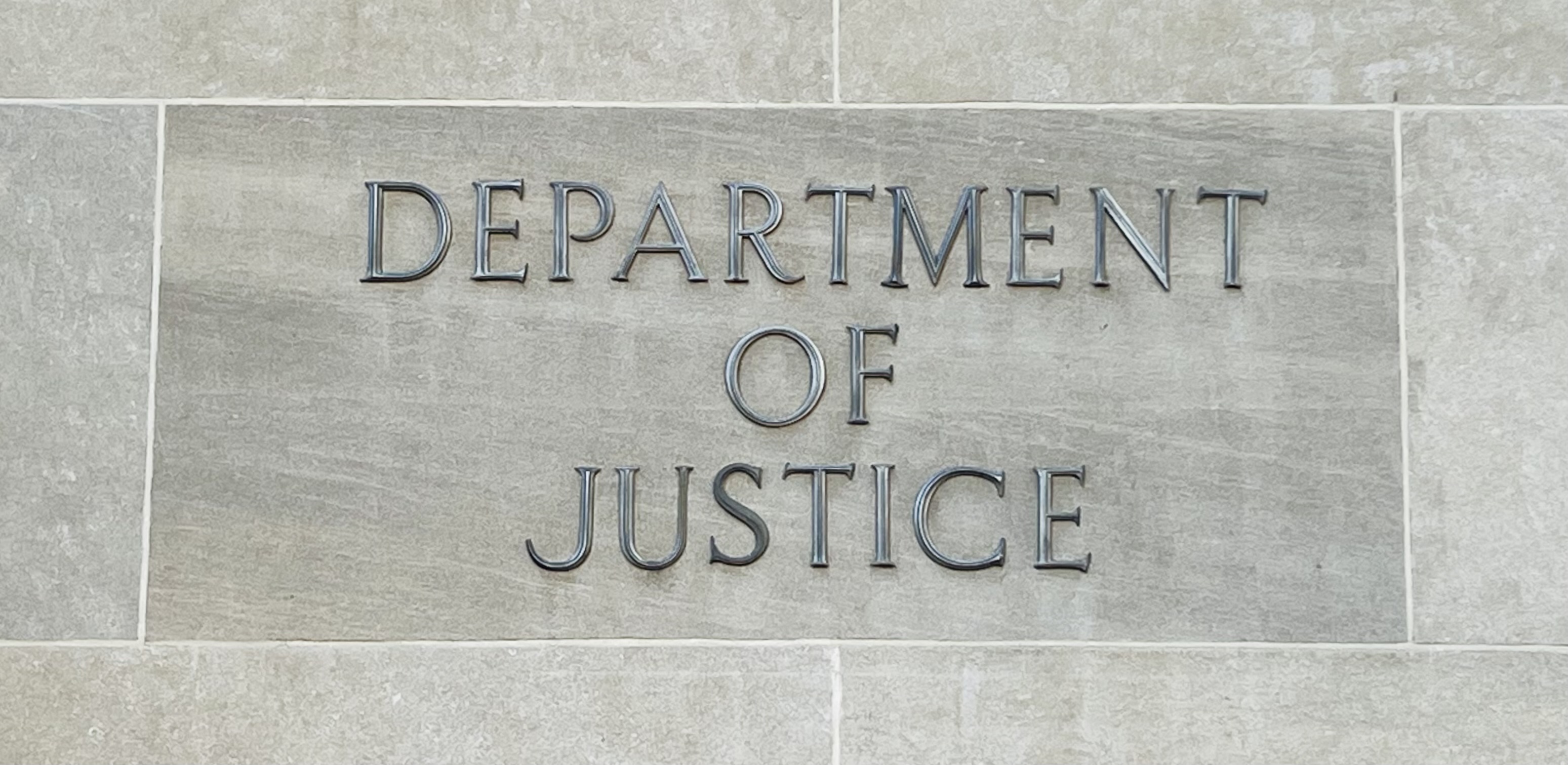The federal Department of Justice has joined a multistate lawsuit against the NCAA, arguing that the organization’s transfer eligibility constitutes an unlawful restrain on college athletes’ rights to profit from their work and pursue an education of their choice.
According to The Desert News, the Justice Department’s decision to support the coalition of attorneys general may mark the first time that the agency has ever lent its full support to a state-led antitrust lawsuit.
“We are proud to stand with our state law enforcement partners on behalf of college athletes across the nation,” Department of Justice antitrust chief Jonathan Kanter said in a statement. “NCAA division I institutions compete with each other not just on the playing field or in the arena, but to recruit and retain college athletes.”
“College athletes should be able to freely choose the institutions that best meet their academic, personal and professional development needs without anticompetitive restrictions that limit their mobility by sacrificing a year of athletic competition,” Kanter said.
As LegalReader.com has reported before, the NCAA’s current policy penalizes student-athletes who transfer institutions more than once, requiring that they sit on the sidelines for an entire season before returning to their sport. Nearly a dozen states attorneys general have since challenged the rule, alleging that such prohibitions are patently anticompetitive and broadly unlawful.

The amended complaint, which now lists the Department of Justice as a plaintiff, details the effect that the transfer eligibility can have upon athletes who simply wish to attend another school.
“For NCAA college athletes, a one-year waiting period for eligibility can be devastating,” the lawsuit states. “This amounts to 20% of the total time allotted by NCAA regulations for the completion of the college athlete’s total seasons of eligibility.”
The complaint also criticized the NCAA’s own explanation for the rule—that it protects players from being thrust too suddenly into a new academic and athletic culture.
“The Transfer Eligibility rule artificially deters players and teams from achieving optimal matches by forcing college athletes to weigh the one-year ineligibility period against the benefits of moving to a batter matched school,” it alleges. “It is ironic that this rule, stylized as promoting the welfare of college athletes, strips them of the agency and opportunity to optimize their own welfare as they see fit.”
ESPN notes that, late last year, a West Virginia-based federal judge granted a request for a temporary restraining order against the NCAA. The injunction, which has already been extended, prohibits the NCAA from enforcing the transfer eligibility rule or retaliating against student-athletes who change programs.
Sources
DOJ bolsters lawsuit against NCAA transfer rule
U.S. Department of Justice joins multi-state lawsuit challenging NCAA restrictions on transfers


Join the conversation!